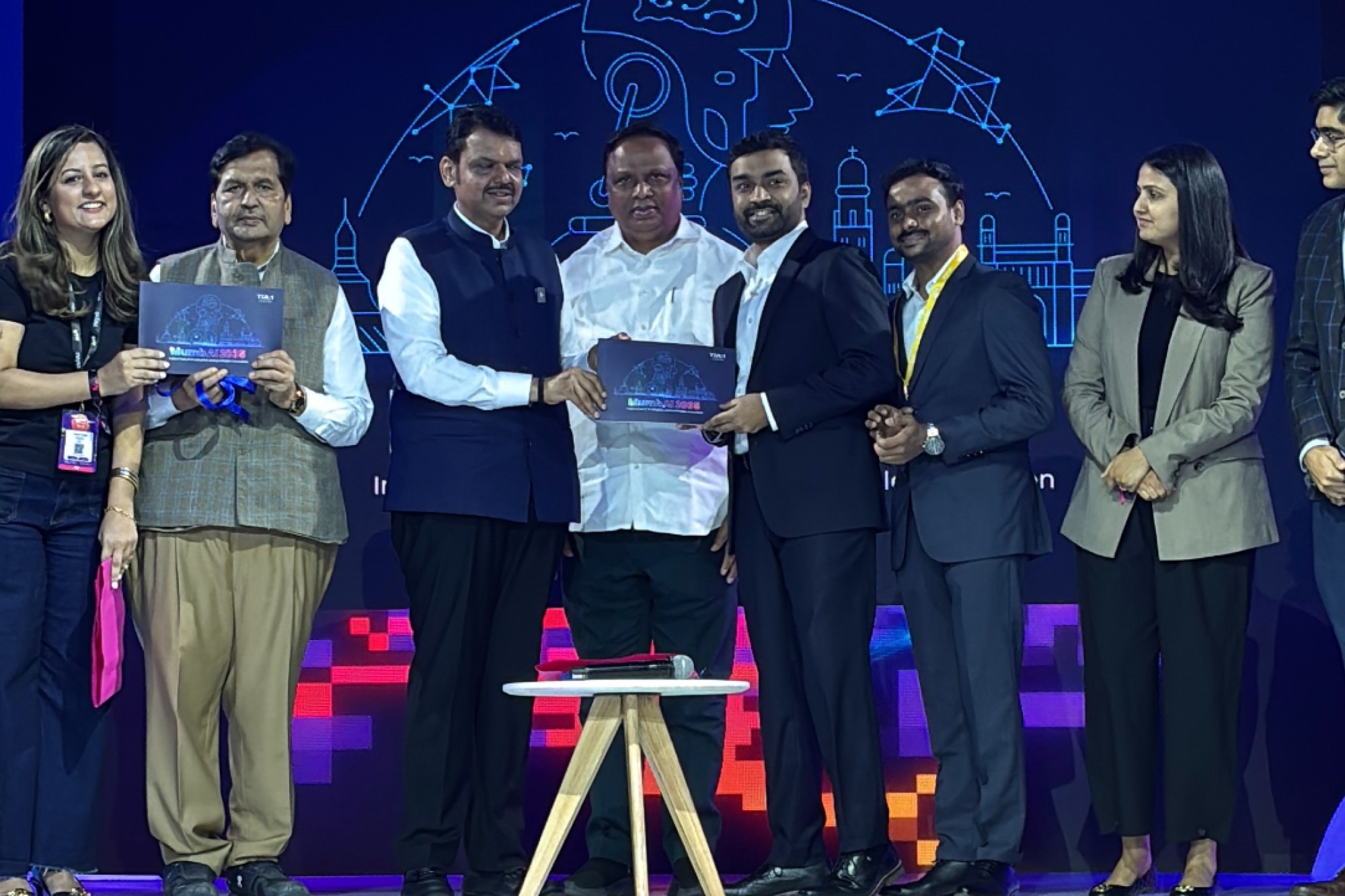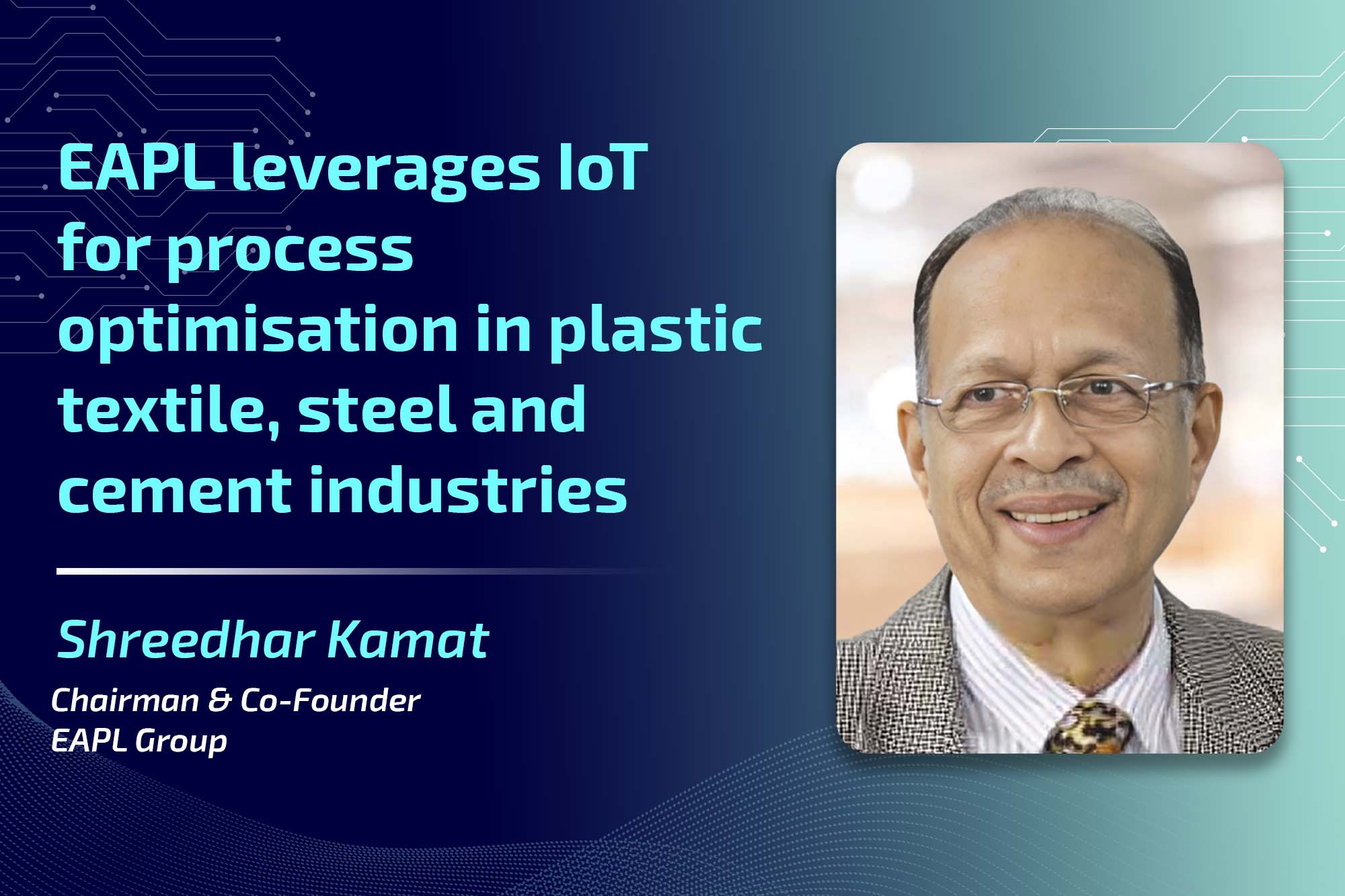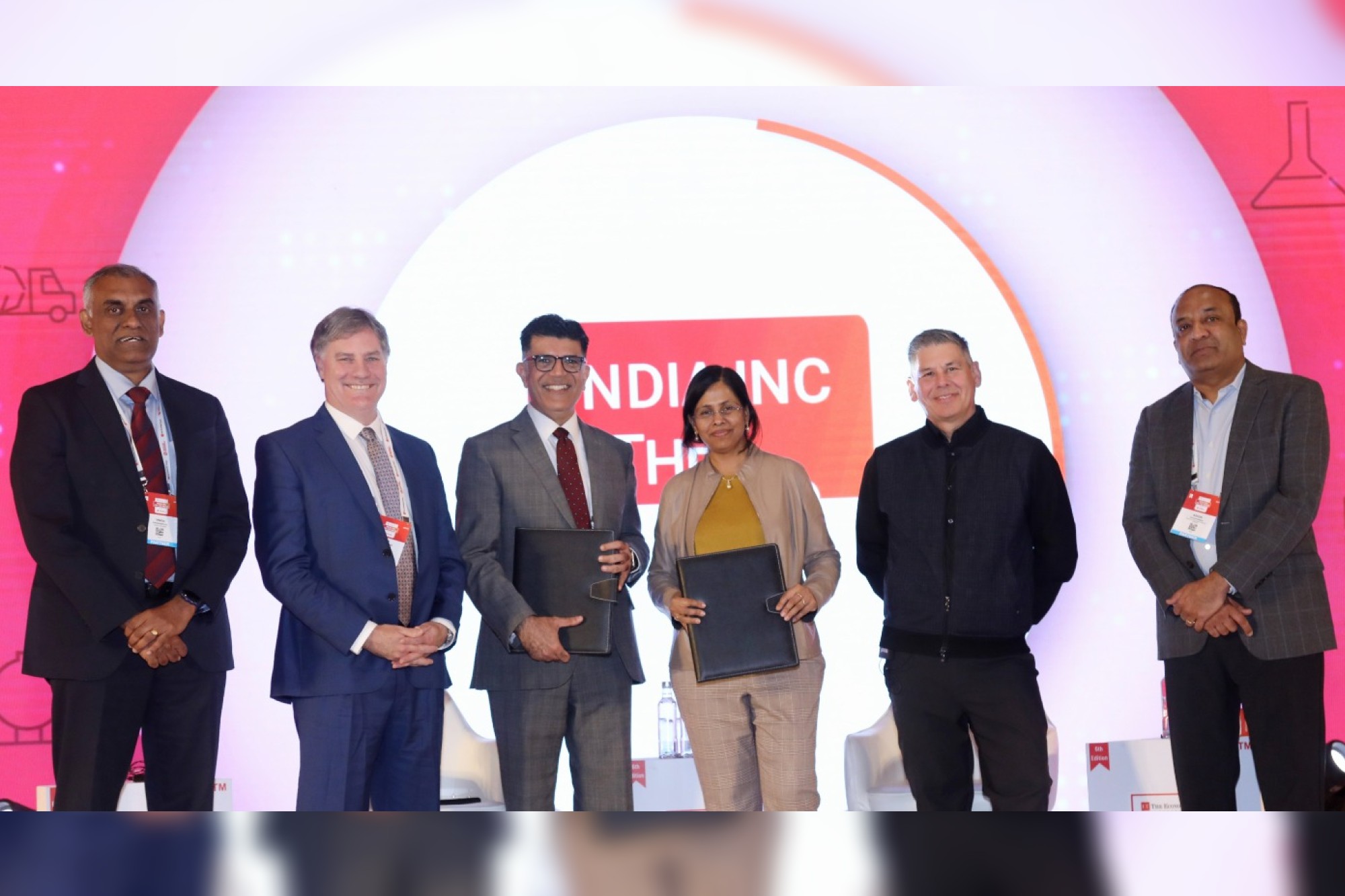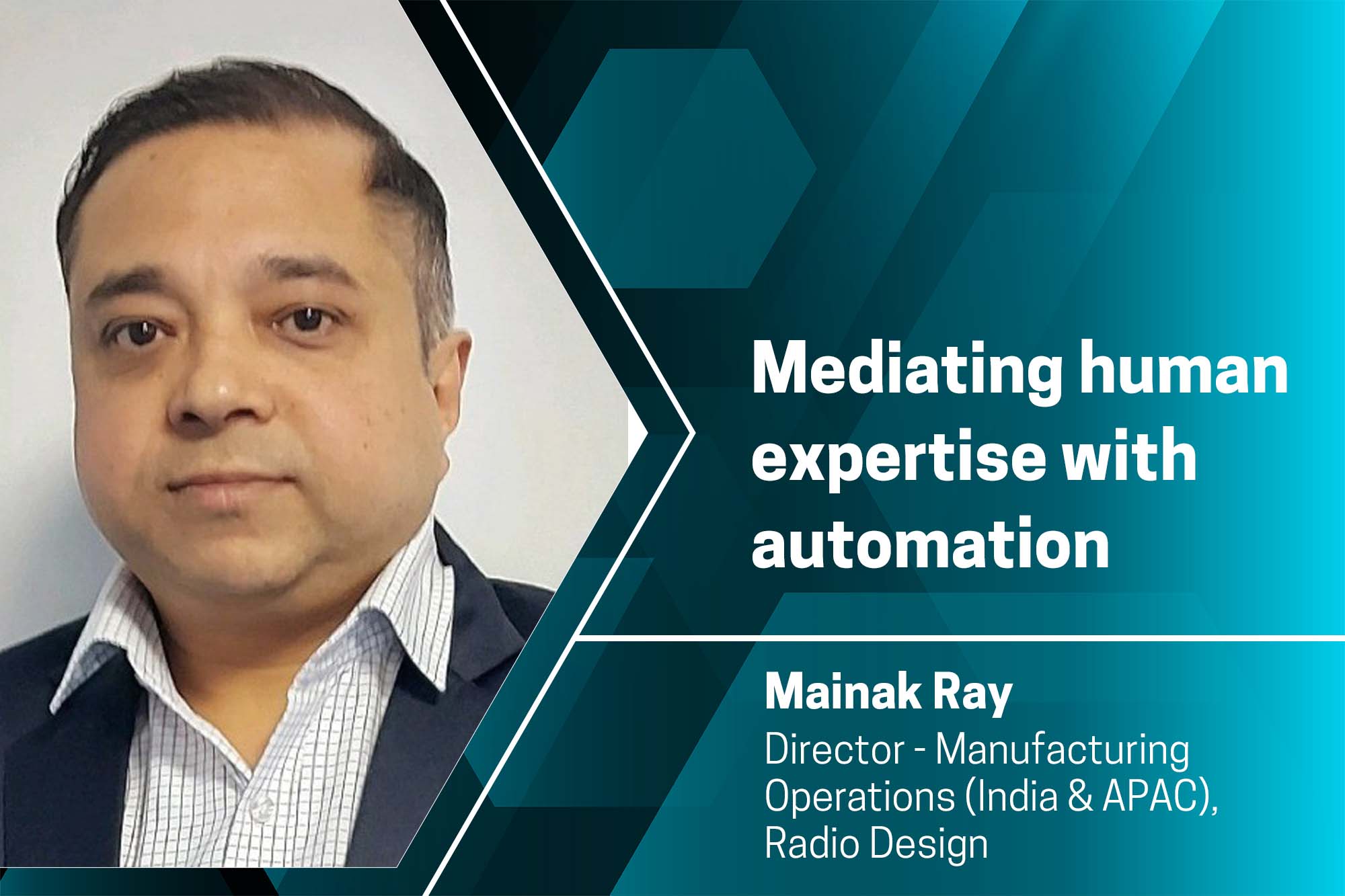Ignoring IoT will affect profit levels: Rockwell
By OEM Update Editorial June 12, 2018 11:46 am IST
Ruchi Mathur,
Head Commercial Marketing, Rockwell Automation India
Half of manufacturers are still struggling with the basics of defining and implementing IoT and smart manufacturing strategies.
Evolving technologies play a key role in manufacturing
Ruchi Mathur, Head Commercial Marketing, Rockwell Automation India Pvt Ltd, informs, “Half of manufacturers are still struggling with the basics of defining and implementing IoT and smart manufacturing strategies, while evolving technologies play a key role in manufacturing, it becomes crucial for manufacturers to stay connected in order to amalgamate different technologies like machine learning, Big Data, sensor data,
machine-to-machine communication, and automation.”
Apart from this, maintaining and updating complex systems from in-house/remote locations, possible cyber-attacks over the connected networks, adhering to standards of local networks for bandwidth and latency, maintaining process integrity and IP protection, and making immediate investments in evolving technologies are possible challenges to IIoT adoption in a manufacturing facility.
It is predicted that ignoring IoT will affect profit levels. Research suggests that IoT could help enabled manufacturers be 10 per cent more profitable than those who aren’t. One can’t ignore these figures in a sector so heavily focused around productivity and performance.
Industries that will drive IIoT adoption
There has been a wide range of innovative uses of the Industrial Internet of Things (IIoT) to date. While evolving technologies play a key role in fostering the automotive business, it becomes crucial for automotive manufacturers to stay connected in order to amalgamate different technologies like machine learning, Big Data, sensor data, machine-to-machine communication, and automation. This will make the best use of IIoT, which would in turn result in gaining a competitive edge and open new revenue streams for the auto makers in the market.
Company’s IoT strategy – where and how to apply and leverage information from embedded intelligence for optimal gains. Information moving within The Connected Enterprise – within supplier plants, internal operations, and at customer sites – provides strategic insights to:
• Identify operational strengths and weaknesses
• Analyse processes and plan improvement initiatives
• Design and implement better production systems
• Develop targeted training programs
• Establish performance management systems.
Mathur informs, “For industrial companies, staying competitive requires embracing IIoT. There really is no plan B. Implementing IIoT, however, means not just navigating uncharted waters, but also keeping track of an array of technologies, workforce challenges, security concerns, and unprecedented business considerations.”
Cookie Consent
We use cookies to personalize your experience. By continuing to visit this website you agree to our Terms & Conditions, Privacy Policy and Cookie Policy.


















